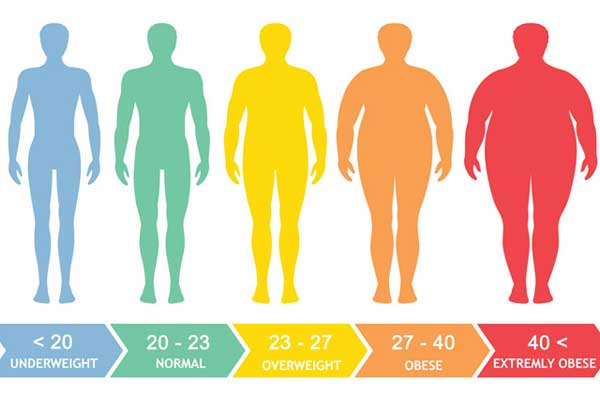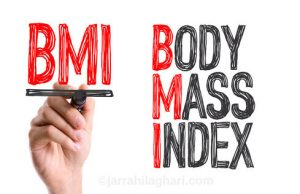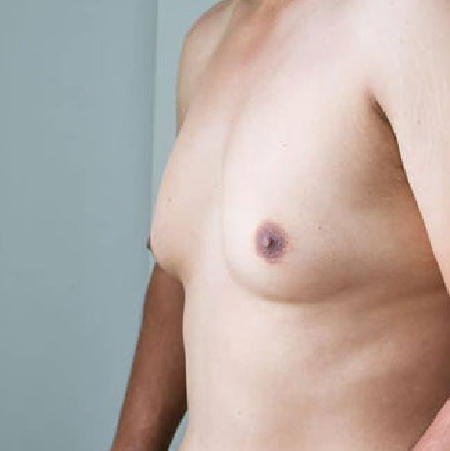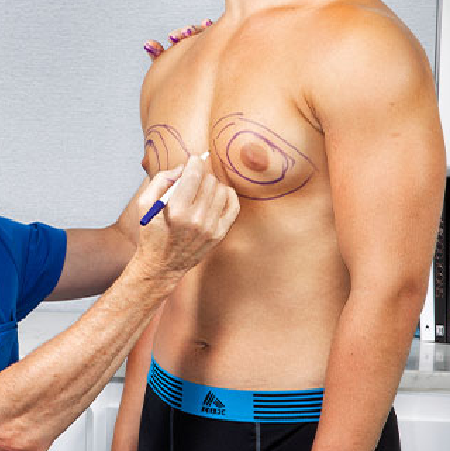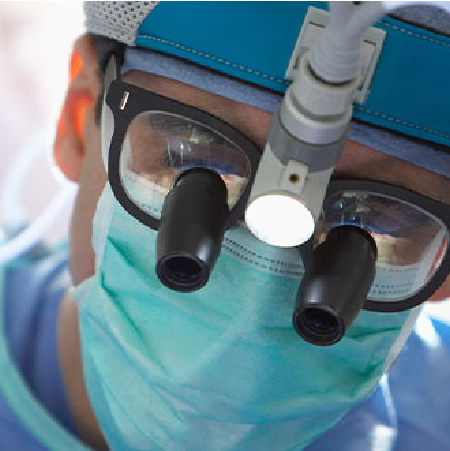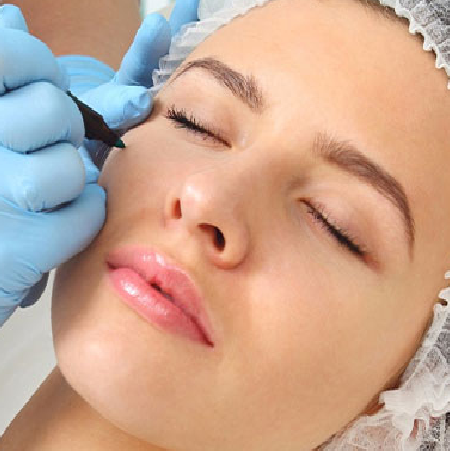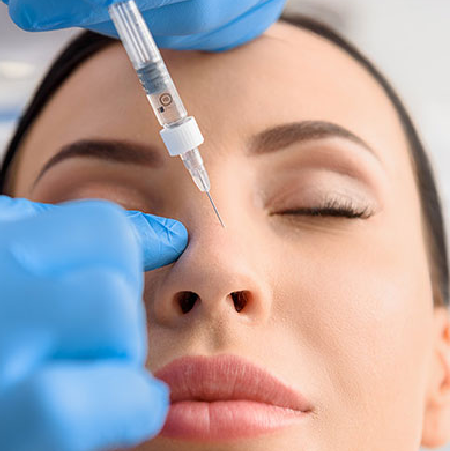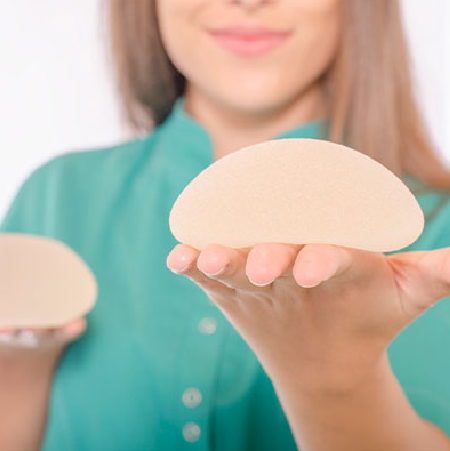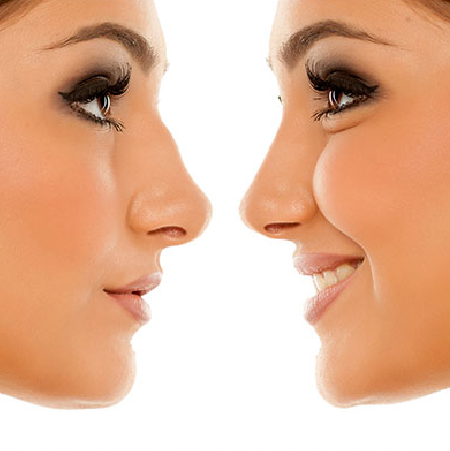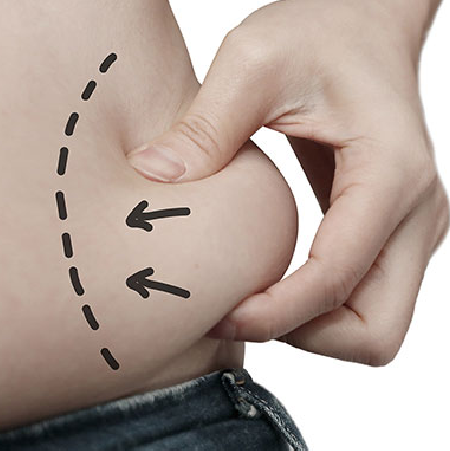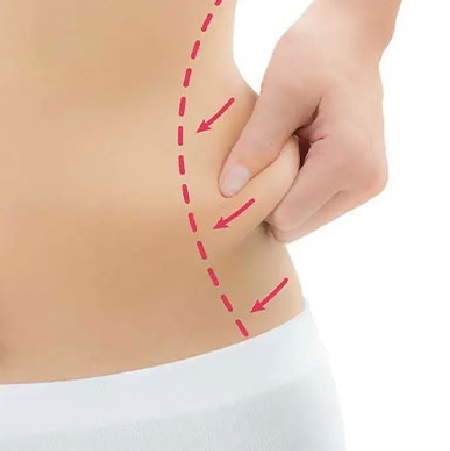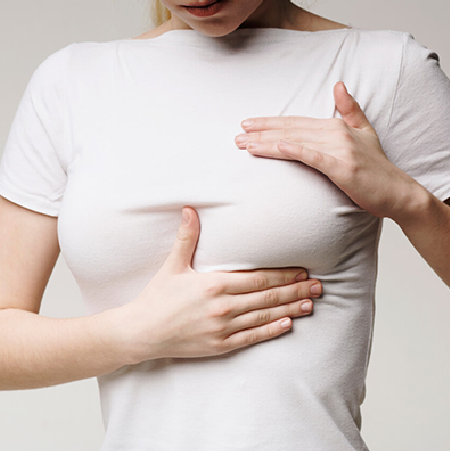What are the side effects of liposuction surgery?

What is liposuction?
Liposuction is a kind of cosmetic surgery for removing extra fat from different parts of your body including abdomen, sides, back, thighs, hip, arms and double chin which does not go away by diet or exercise.
This surgery is also used for reshaping or countering of your body in mentioned area which is known as body sculpturing.
As explained above, liposuction is used for removing fat from large areas of your body but liposculpture is more modified and is used for people who want to just shape their body and have a more athletic look body.
Choosing the best method to lose weight and get rid of extra fats depends on many factors which is based on your physical condition.
If your BMI is more than 30 we suggest you to go for bariatric surgery first, for getting a better result and becoming satisfy with your body image. Bariatric surgeries include different methods like gastric sleeve and gastric bypass, that by assessing your condition, including your personal lifestyle, your readiness for post-surgical changes, your family readiness, and your priorities the best method will be chosen for you and ultimately, your surgeon is the most appropriate and the most reliable person to help you choose the best surgery.
Eating habits, preoperative tests and BMI are the key factors in choosing the best surgery for you.
But if your BMI is lower than 30 and you want to reshape and contour your body, liposuction is the best choice.
What is BMI?
Body mass index (BMI) is a measure used to define overweight and obesity.
BMI can be determined using BMI chart or calculated according to the following formula:
Weight in kg divided by height in square meters (BMI = kg / m2)
BMI categories are:
| classification | BMI range |
| Normal size | 18.9-24.9 |
| Overweight | 25-29.9 |
| Class I obesity | 30-34.9 |
| Serious obesity class II | 35-39.9 |
| Severe obesity class III | 40 and more |
What are the complication that may happen after liposuction surgery?
- Bruising
- Possibility of mild burns on the skin
- Roughness on the skin
- Regional change in skin color
- Need for reoperation
- Drooping and loose skin of the operated site
- Allergies due to anesthetics
- Inflammation and swelling at the site of surgery
- Infection
- Temporary numbness
- Fat or clot embolism
- Pain
- Scar
- Shock (usually from not getting enough fluid during surgery)
- Skin necrosis (using a good technique can prevent this problem)
What can be done to prevent these complications?
Each surgery has its own complication that could be prevented to some extent by some special strategies but still each person has a unique body condition that is not predictable.
- Some of the mentioned complications are temporary that will be vanished by time including bruising, mild burning, redness, swelling, numbness and pain.
- We can help to reduce the risk of fat or clot embolism by using special equipment such as DVT pumps which is also known as pneumatic pumps, some shuts of enoxaparin ampules, early coming out of bed, slow walking, choosing the best technique for surgery and many other strategies. In conclusion choosing a good surgeon who is professional in cosmetic surgery is very important. It is also important to do your surgery with a surgical team that have a good fallow up and care about you in each stage of your surgery.
- Infection can also be prevented if aseptic technique is observed and everything be done in sterile environment. However, some patients due to the weakness of their immune system and certain physical and medical conditions may have infection despite following all the principles of aseptic, which can be treated with antibiotics and wound care techniques.
- For decreasing pain after the surgery fallow these steps:
- take all medications which are prescribed for you, including pain killers
- wear the compression garments which will be provided for you
- rest and try to be relaxed
- drink enough fluids
- avoid salt, which can increase the swelling of your body
Who is eligible for liposuction surgery?
If the elasticity of your skin and your muscle tone is in good situation and your physical and overall health condition is good and you have fat deposit that cannot be get rid of by dieting and exercising and also you are not classified in obese category, you are eligible to go for the surgery.
What are different factors that aggravate complication?
-
Smoking
Smoking delays the healing process and prolongs the recovery period of liposuction. Almost all physicians believe that smoking should be stopped at least a few weeks before and after liposuction or any other surgical procedure.
-
Extensive liposuction in the body
The amount of fat that is removed from your body should not exceed the standard. The body has a certain ability to tolerate the pain and wounds caused by surgery. It is recommended that if several areas of the body require liposuction, surgery be performed in a few sessions.
-
Medical history
Special diseases like Immune system diseases, seizures, cardiovascular diseases, blood clotting problems and heavy bleeding should be carefully evaluated in order to prevent complications.
-
Using special drugs
Using special drugs such as warfarin, aspirin, and anti-inflammatory drugs and etc., are at the risk of bleeding. Tell your doctor about the history of using these drugs as you may need to stop using them before your surgery.
-
Old age
Old people, according to their body condition may have prolonged recovery time and may need a more accurate monitoring. All patients over the age of 40 should be evaluated and approved by a cardiologist to prevent any possible complication.
Although liposuction is a cosmetic surgery but it needs an accurate evaluation and monitoring by professional surgical team, as each person has a unique body condition.
What are different techniques for liposuction?
- Laser-assisted method (breaks the fat using laser, and then it will be ejected from the body)
- Power assisted method (breaks the fat using fats vibrating cannula that loosens the fat cells)
- Suction assisted method (a traditional liposuction type with the help of a sucker machine)
- Vaser method (uses one extra step for breaking fat cells using ultrasonic waves)
- Twin-cannula assisted method (as its name shows, it uses two cannula instead of one for removing more fats with less scar)
- Tumescent liposuction (which inject tumescent fluid to the target area for reducing pain and bleeding)
- Body jet and lipomatic (using special devices with the same name for liposuction that protects fat cells for injecting to other parts of the body)
What is liposuction 360?
It is a liposuction procedure that is done circumferential. It is included the liposuction of belly, sides and back and makes you more in shape.
Is it possible to have six pack look in belly by liposuction?
Yes, by liposuction surgery we can make lines on your belly that makes you look more athletic and you can have a six pack look belly.
It should be noted that all surgeries have their own risks, but surgeries that are performed in reputable centers are safe and have very few risks and complications. Successful surgery requires a team approach. You will get much better results if you eat healthy foods, exercise regularly and follow your post-operative visits regularly, You also need to change your lifestyle and eating habits.
Post-operative instruction for the Liposuction surgery
What to eat
- After the liposuction surgery, the patient should avoid eating or drinking up to 6 hours because of nausea and vomiting that may happen Due to slowing of stomach and intestinal movements that happens during general anesthesia. After this time you can start to drink water and juice. The second day you can eat soft foods and from the third day onwards you can eat whatever you want.( Use fluids and soft foods in the first days.)
- Due to the fact that the body loses a lot of water during liposuction, so it is recommended to drink enough water after the operation and consume natural fruit juices in your daily diet.
- As you are aware, salt is effective in increasing swelling, so you should minimize its consumption in your food for 2 weeks.
- Pineapple is rich in brome lain and vitamin C and accelerates the healing process of bruising and swelling, so do not neglect it.
- Preferably avoid foods that can cause constipation. (use more fruits and vegetables)
- Protein heals wounds, rejuvenates muscles and skin, and repairs and prevents hair loss.Make sure you eat a good source of protein at every meal or snack.
How to sleep
- People who have had liposuction should position themselves while sleeping so that no pressure is applied to the liposuction site.Sleeping on your back is best and you should avoid sleeping on your stomach or on your sides.
- It is better to place the head above the body when sleeping.Several pillows can be used to do this.
Using garments
- Wearing liposuction garments and bandages helps to drain blood and fluid under the skin, as well as remove bruises and swelling as quickly as possible.For this purpose, it is necessary to use it according to the instructions of your treating surgeon and open it only while bathing.
- You may need to wear garments for about 6-8 weeks.
Activity after the surgery
- Have a complete rest during the first hours and then try to have short and light walks at short intervals.Because immobility causes blood to clot.
- Any action that puts pressure on the liposuction areas is not allowed.
- Do not lift or move heavy objects until you are fully recovered.
Important point about the surgery:
- You should not take aspirin or other anticoagulants for 2 weeks before surgery.
- Some drugs, such as aspirin and warfarin, interfere with the blood clotting process and cause bleeding;therefore, it is recommended to delay the use of them until the wounds heal.
- Smoking: It is good to know that smoking, hookah, etc. cause narrowing of blood vessels, and as a result, blood function is impaired and prevents enough oxygen from reaching the tissues to repair itself. Exposure to their smoke is also harmful, so you should avoid being in the position of smoke until the tissues are repaired.
- Alcoholic beverages: Alcoholic beverages can also increase the risk of bleeding, so you should stop consuming them while recovering from liposuction.
- Use your drugs as prescribed for you.
- After two days (48 hours), you can take a careful bath.
- It is not allowed to go to the pool, sauna, sea, etc. until the wounds are completely healed;because it increases the risk of infection.
- White discharge from wounds is normal and does not involve infection. (any yellowish or greenish drainage from the incisions or notice a foul odor involve infection)
- If you notice any unusual symptoms such as fever, shortness of breath, uncontrollable pain, etc., you should tell us immediately and be examined.
- Expect temporary numbness, bruising, swelling, soreness, burning sensation, bleeding, pain and discomfort and may have fluid drainage from incision sites.
- According to surgeon’s decision you may have drain under your skin to avoid fluid contamination.
- It is normal to feel a bit anxious or depressed in the days or weeks following surgery; but, generally, after about a week, you should begin to feel better.
- Avoid exposing scars to sun for at least 12 months. You can use a sunblock, if sun exposure is unavoidable (PF 30 or
greater)


